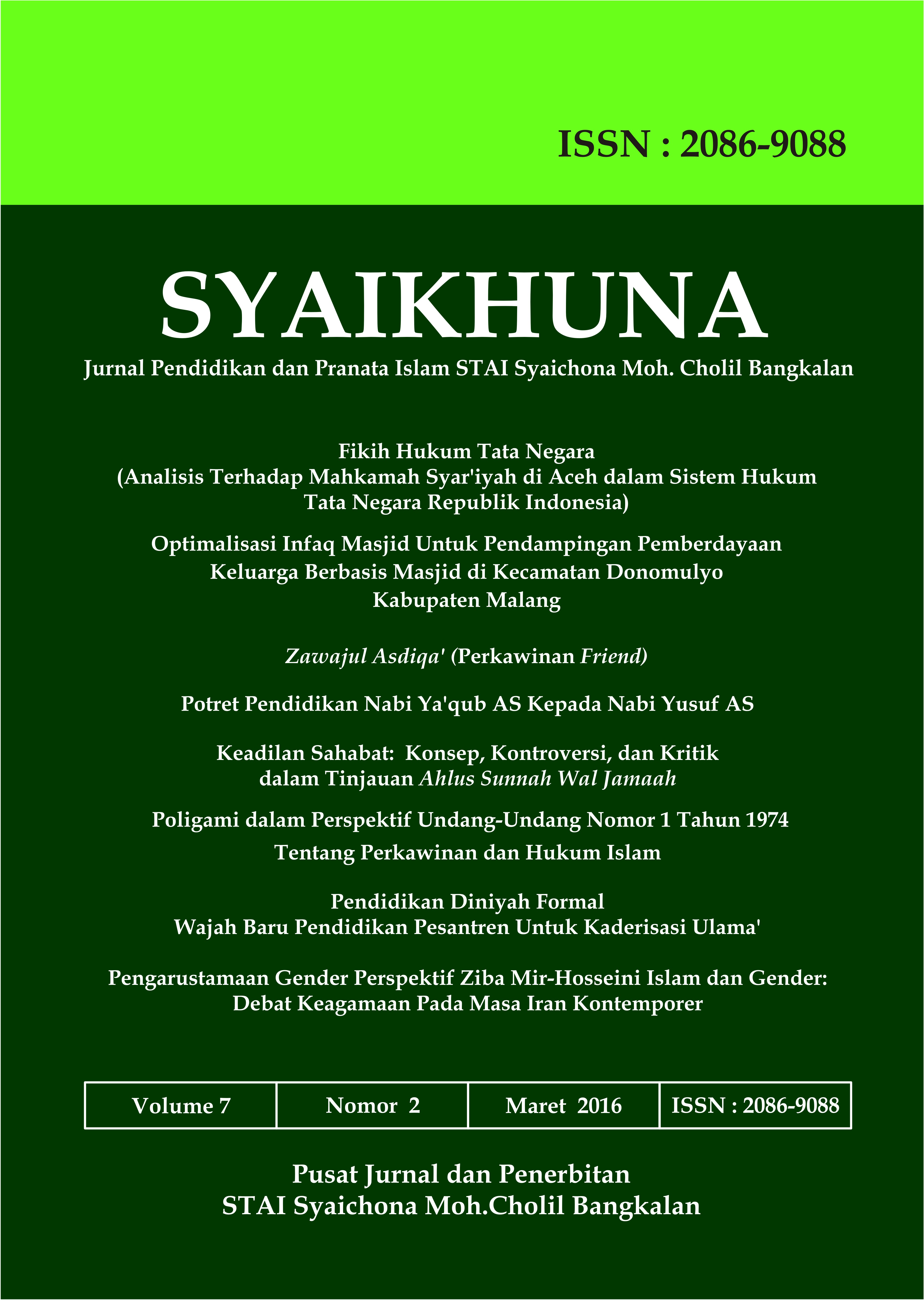Optimalisasi Infaq Masjid Untuk Pendampingan Pemberdayaan Keluarga Berbasis Masjid Di Kecamatan Donomulyo Kabupaten Malang
DOI:
https://doi.org/10.58223/syaikhuna.v7i2.3073Abstract
Indonesia, with majority population of muslims, was still not able to break away from the coil's economic problems. Utilization of funds infaq mosque just spinning at the mosque operations, for the cost of cleaning, electricity, personnel, and so on. Indeed infaq funds could be more useful, not only for the mosque, but also maintenance costs can be optimized for other things. Other Reforms in order to improve the welfare of the people, the purchase of the means of production, provision of scholarships and many more. This study took place in the Village Kalipakem Donomulyo District of Malang. This study design is Participatory Action Resarch (PAR), which is carried out through four stages, namely: planning (planning), action (action), Observe (observation), reflect (reflection). Each stage PAR here have a different time with each other. Changes resulting from this PAR is as follows: First, the public began to understand how important it is as hard as possible by empowering potential. By utilizing infaq mosque, they are expected to improve the quality of their economy, so that it can be used as a tool to minimize the villagers abroad; Second, people start to feel mutual helping and work together to reduce poverty, either through a scholarship search and borrow money infaq productively to improve the quality of work; Third, people have the skills and knowledge that are more related primarily related jurisprudence mosque Infaq Productive; Fourth, the public as early as possible has anticipated things which could adversely impact on the actions of the exploitation of existing productive infaq funds under the supervision of the local mosqueDownloads
Published
2017-10-05
How to Cite
Ma’arif, A. S. (2017). Optimalisasi Infaq Masjid Untuk Pendampingan Pemberdayaan Keluarga Berbasis Masjid Di Kecamatan Donomulyo Kabupaten Malang. Syaikhuna: Jurnal Pendidikan Dan Pranata Islam, 7(2), 173–201. https://doi.org/10.58223/syaikhuna.v7i2.3073
Issue
Section
Articles





